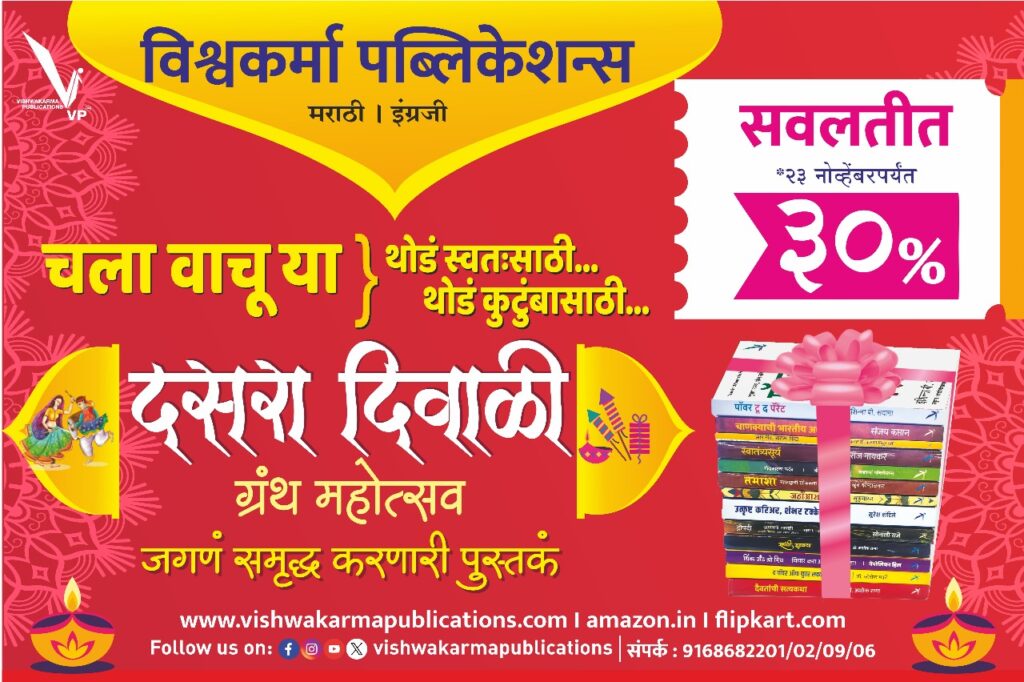Digital publishing in the times of Google surfing

Is traditional publishing losing out to digital publishing? Or has the publishing world done even better by having books marketed digitally?
Yes! Its hard to ignore the internet. In fact, its quite impossible to ignore the internet. If you need to clarify or look for information the first thing that we all do is reach for our phones. If not the phone, then definitely the laptop. While working, I’ll wager that there is at least one tab open with for seeking information. Without the internet we feel we are digitally stunted.
Authors and writers, for one, considerably use the internet for research. Even if they want to research a certain character how many times do you think they will browse the net? His development of the traits for the character, the scenarios necessary for the story, small details like the places and culture of his protagonist all need to come in unison. An author can use the internet not just for research but the internet can become a storehouse of all the work he has ever done. Research, notes, interviews – all can be hosted on the internet so that with the click of the mouse he can retrieve his work for further use or for reference.
Digital publishing as many have misunderstood isn’t just Kindle or Nook or some other app. Digital Publishing a fairly new business or to be more precise, a new branch of the publishing industry. Almost every year in India, around 90,000 books are published. Translation work, original work, educational publishing all make up the 20.4% of the Indian book market. In India, there are 19,000 publishers who are changing the face of publishing industry on an almost daily basis.
Alongside, there are freelance authors, bloggers who publish their work digitally. There are quite a few who have taken to digital publishing as a platform to gather a new fan base and build a community. So when the author. later, tries to enter the traditional publishing market, his/her book then has an already established fan base and can hope to be enlisted as a best seller. When an author or a writer chooses to share his work through the channels of social media or a digital writing platform, he is in fact partially publishing digitally. The difference is just that he may or may not choose to market it. With Facebook, Twitter and many blogging sites constantly upgrading themselves, authors have found new ways to publish themselves digitally with authenticity and are able to engage and communicate with their readers. Today many writers have made ` as a micro marketing tool for their work.
Earlier, the publishing process was simple and quaint. Write a manuscript, approach a publisher, hire an editor and a cover designer and get your book published. But, the real charm came in publicizing the book. This is where, we can appreciate the Publishing House . But, with Google bringing the world closer ,browser by browser, the era of self-publishing has emerged rapidly. However, the main challenges faced by self publishers still remains. And that’s where the digital publishing platform is truly on the rise. The first ever e-book published was in the year 1971.
For a normal book to be published traditionally, it requires paper, printing, a godown for inventory, a sales pitch and much more. Whereas digital publishing is an economical alternative that negates all these input resources through its expanse of reach. Just like publishing, digital publishing is a means to market a book; instead many have look at it as an alternative to traditional publishing.
The question whether digital publishing is or it is not an alternative to traditional publishing will remain a deabate; but, true art lies when publishers look upon it as an opportunity to rise in this new era of a paperless eco

